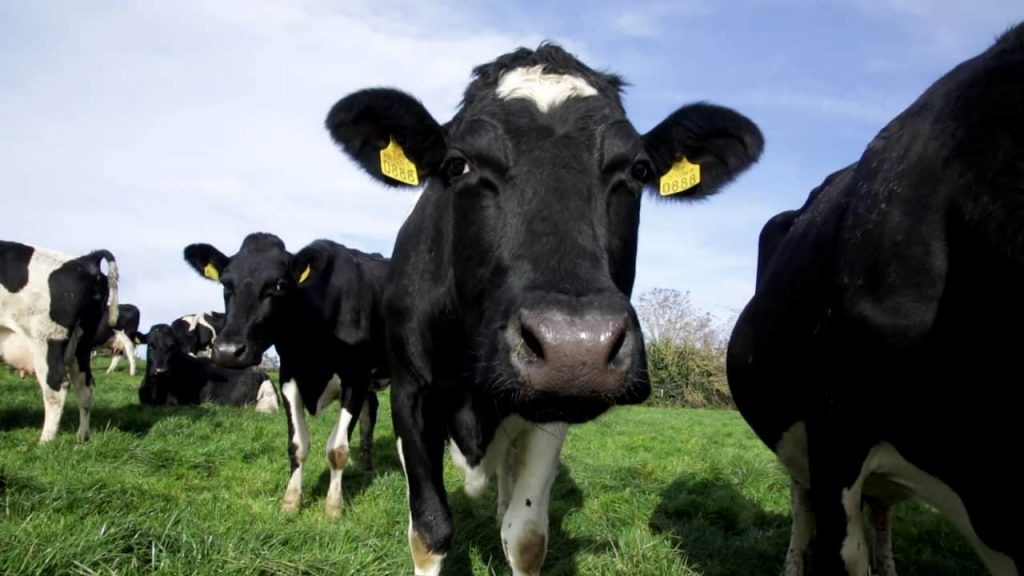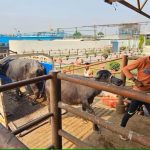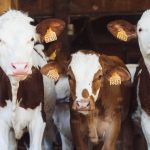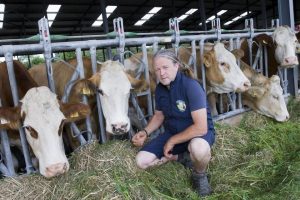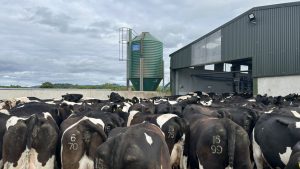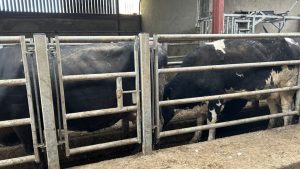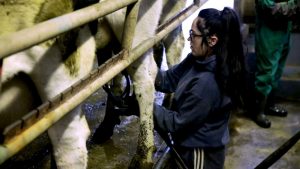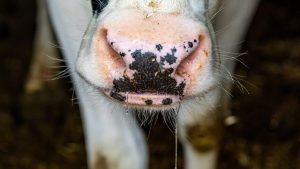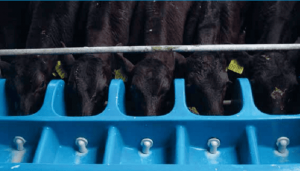
The future of current nitrates derogations in Ireland and Denmark will have an “impact on their national dairy sectors” with farmers facing challenges relating to greenhouse gases (GHG), water quality and biodiversity, a new report predicts.
According to the “What’s the Green Deal for farmers in the EU?” report, farmers in the EU will “increasingly have to deal with regulations” to make agriculture more climate and environmentally friendly.
The report, published today (Monday, November 13) by Rabobank, details that legislation and action plans arising from the Green Deal, and strategies such as Farm to Fork, Fit for 55 and the Biodiversity Strategy for 2030, could have a “major impact on European agriculture”.
Barend Bekamp, specialist food and agriculture at Rabobank, said: “Farmers in all agricultural sectors will have to adapt their practices to meet the requirements of European legislation.
“Due to strict targets and deadlines, legislation on greenhouse gases, water quality, pesticide use, and biodiversity and nature is expected to have the largest impact on agriculture.
“Member states will have to implement far-reaching measures to comply.”
Dairy farmers
Bekamp said that while EU policies on greenhouse gases, water quality, and biodiversity and nature will affect all agricultural sectors, policies on antimicrobials and animal welfare “will only affect livestock and dairy farmers.”
The Rabobank report examined nine key legislative themes in the Green Deal and then rated which could have the most impact on farmers in the EU.
The bank concluded that policies centred around GHG emissions would have the highest impact.

According to Bekamp one of the most immediate challenges that EU farmers will face is in relation to The Water Frame Directive – which aims to achieve “good” status by 2027 for all bodies of surface water and groundwater in Europe.
He said “much remains to be done” on this direction and for farmers, this could mean “stepping up efforts to prevent and reduce water pollution from nitrates and pesticides”.
Drained peatlands
Although Rabobank details in its latest report that all agricultural sectors are expected to be affected by European legislation, certain policies could deliver a bigger shock for some.
The bank believes that some dairy farmers may “opt for practices to reduce nutrient losses” such as fewer livestock units per hectare, work on emissions reduction and “rewet drained peatlands”.
“Dairy farms on peat soil for example in the Netherland, Germany and Ireland could face serious challenges.
“This is because the restoration of peatlands is important for biodiversity and nature, water quality and soil health. Biomethane production could be an interesting new business opportunity for dairy farmers,” Rabobank stated.
Fertilisers
According to the bank sales – volumes of pesticides, fertilisers and antimicrobials are expected to drop as EU regulations are tightened.
It also predicts that “arable farmers face challenges related to water quality, pesticide use and biodiversity and nature”.
“They can address these by reducing nutrient losses – via fertiliser use, buffer strips, using integrated pest management and landscape features,” the report outlined.
